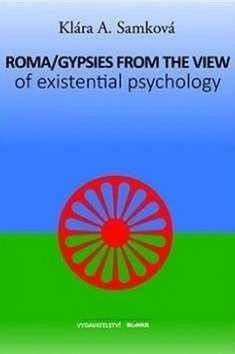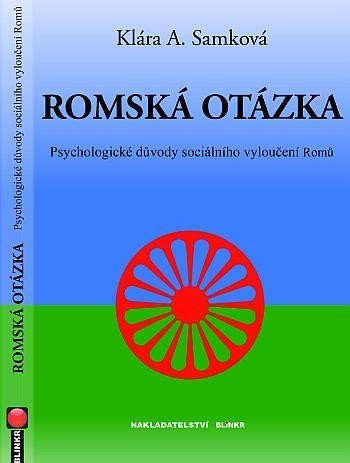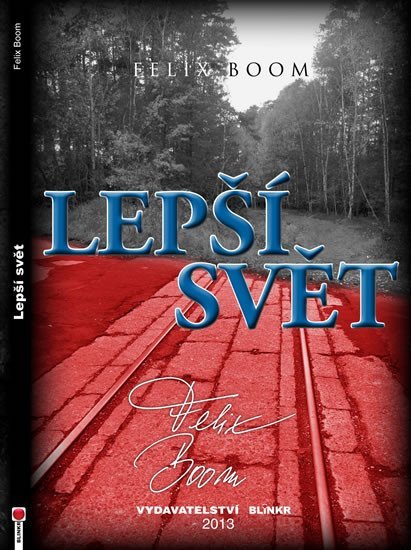- Akrylové a olejové barvy
- Aroma difuzéry
- Audioknihy
- Barvy a kontury na hedvábí
- Barvy na sklo
- Barvy na tělo
- Boxy na sešity
- Boxy na svačinu
- Deky
- E-book elektronické knihy
- Erotické žertovné předměty
- Figurky a zvířátka
- Filmy
- Fixy
- Hřejiví plyšáci
- Hrnky a šálky
- Hudba
- Interaktivní hračky
- Kalendáře
- Kancelářská lepidla
- Karetní hry
- Karnevalové kostýmy
- Karty na poker
- Klíčenky
- Knihy
- Komiksy
- Křídy a uhly
- Kufříky
- Kuličková pera a propisky
- Ložní povlečení
- Magnetky pro děti
- Malování podle čísel
- Mapy a průvodci
- Nůžky, otvírače obálek
- Omalovánky
- Ostatní společenské hry
- Ostatní stavebnice
- Panenky a barbie
- Papíry do tiskáren
- Pastelky
- Penály
- Peněženky
- Plyšové hračky
- Pohledy
- Pokladničky
- Polštáře
- Pravítka
- Přehozy
- Prostěradla
- Puzzle
- Razítka pro děti
- RC modely
- Ručníky
- Sáčky na přezůvky
- Sady školních pomůcek
- Sběratelské figurky
- Sběratelské kartičky
- Sešity
- Skicáky a náčrtníky
- Školní batohy
- Stavebnice Lego
- Štětce a palety
- Stolní hry
- Temperové a vodové barvy
- Tiskopisy
- Tužky, mikrotužky a versatilky
- Učebnice
- Voskovky
- Vystřihovánky a papírové modely
- Výtvarné a kreativní sady
- Záložky do knih
- Zástěry a ubrusy na tvoření
- Živé a vzdělávací sady
- Zvýrazňovače
Roma/Gypsies from the View of Existenti - Klára A. Samková
-
Internetový obchod
Blinkr - <p></p><p> Knížka je překladem původní české studie, kterou napsala česká advokátka a znalkyně této problematiky Klára A. Samková v roce 2011. Vyhrocený problém soužití Romů s majoritní společností, který je stále aktuální v mnoha zemích, zejména evropských, autorka analyzuje zcela kompaktně z historického, právního, sociologického a psychologického hlediska. Metodologickým vodítkem studie je dílo Irwina Yaloma „Existenciální psychoterapie“ a stejně jako tento významný americký psychiatr i autorka předkládá čtenáři čtyři velká témata lidského života, totiž smrt, svoboda, existenciální izolaci a nepřítomnost smyslu. Nahlíží tato témata očima romské komunity, jejími zvyky a hodnotovým systémem, který autorka důvěrně zná. Tím odkrývá zcela nový pohled na Romy jako na svébytný národ s vlastním duchovním a duševním životem, který však je uzavřen nejen pro běžnou majoritní společnost, ale i pro ty, kteří to s Romy tak zvaně myslí dobře. Autorka dochází k závěru, že hlavní problém soužití s Romy netkví v sociální rovině, ale jedná se především o problém národnostní a národní emancipace Romů. Pohled na Romy jako na sociální skupinu pak autorka kritizuje jako nefunkční a zjednodušený pohled státních garnitur. Autorka ve své práci vychází ze svého dlouholetého soužití s romskou komunitou i s hlubokých odborných znalostí. Kvalitu této studie potvrdili špičkoví odborníci.</p> <p> The book is a translation of an original Czech study written by a Czech lawyer and expert in this issue, Klára A. Samková, in 2011. In an entirely compact way, the authoress analyses the escalated problem of cohabitation of Romani/Gypsies with the majority society - which is still topical in many countries, especially in European countries - from the historical, legal, sociological and psychological viewpoint. A methodological guide for this study is Irvin Yalom's work titled "Existential Psychotherapy" and the authoress, like this outstanding American psychiatrist, presents four big themes of the human life to her readers, namely death, freedom, existential isolation and a lack of meaning. She views these issues with the eyes of the Romani/Gypsies, its customs and value system, which the authoress knows very intimately. Thus, she discloses a completely new view of the Romani people as an independent nation with its own spiritual and intellectual life which, however, is inaccessible not only to the common majority society but also to those who say they "mean it well" with the Romani people. The authoress comes to a conclusion that the main problem of cohabitation with the Romani does not consist in the social level, but it is, above all, a national problem and an issue of national emancipation of the Romani people. The authoress then criticizes the view of the Romani/Gypsies as a social group as a non-functional and simplified view of the state representatives. In her work, the authoress draws from her own long-term cohabitation with the Roma community as well as from her deep expert knowledge. Top experts have testified to the high quality of this study.</p>








